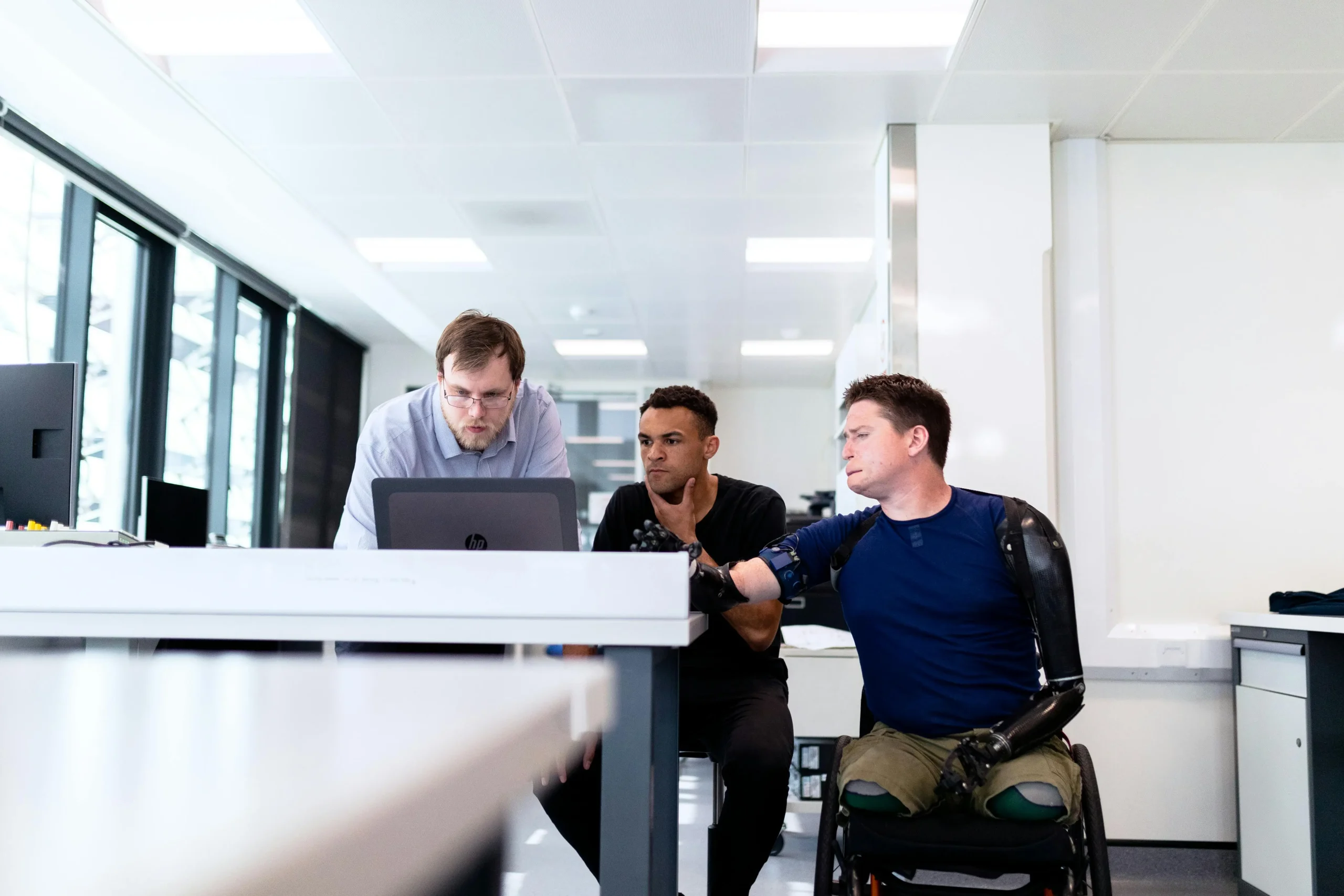The journey towards career advancement can be challenging for anyone, but disabled professionals often face unique obstacles. However, with the right skills, support, and resources, individuals in the disability community can thrive in their careers. In this blog post, we will explore the essential skills that can facilitate career growth for disabled professionals, empowering them to achieve their goals and aspirations.
Understanding the Importance of Skill Development
Developing a strong skill set is vital for any professional. For disabled individuals, honing specific skills can enhance employability, foster confidence, and improve job performance. Here are some key areas to focus on for career growth:
1. Communication Skills
Effective communication is crucial in any workplace. It includes not just speaking and writing clearly but also active listening. For disabled professionals, mastering communication skills can help convey ideas, advocate for needs, and build relationships with colleagues and supervisors.
Tips to Improve Communication Skills:
- Participate in workshops or training sessions focused on communication.
- Practice active listening by summarizing what others say before responding.
- Seek feedback on your communication style from trusted colleagues.
2. Networking Abilities
Building a professional network can open doors to new opportunities. Networking helps disabled professionals connect with mentors, peers, and potential employers who understand their unique challenges and can provide guidance.
Tips for Effective Networking:
- Attend industry conferences, workshops, and events relevant to your field.
- Utilize social media platforms like LinkedIn to connect with industry professionals.
- Join organizations that focus on disability advocacy and inclusion.
3. Adaptability and Resilience
The ability to adapt to change and overcome obstacles is essential in today’s fast-paced work environment. Disabled professionals often encounter challenges that require resilience. Embracing change and being open to new approaches can set individuals apart.
Building Adaptability:
- Embrace a growth mindset by viewing challenges as opportunities to learn.
- Practice stress management techniques, such as mindfulness or meditation.
- Stay informed about industry trends and be willing to adjust skills accordingly.
4. Technical Proficiency
In a technology-driven world, possessing technical skills is increasingly important. Disabled professionals should focus on acquiring skills relevant to their industry, whether it’s mastering specific software or learning about new technologies that can assist in their roles.
Enhancing Technical Skills:
- Take online courses or certifications relevant to your career field.
- Stay updated with the latest technology trends and tools.
- Seek out assistive technologies that can enhance productivity.
5. Self-Advocacy
Self-advocacy is the ability to speak up for oneself and one’s needs. For disabled professionals, being able to advocate for necessary accommodations and support is crucial. Self-advocacy helps create an inclusive work environment.
How to Strengthen Self-Advocacy:
- Understand your rights as a disabled employee.
- Practice articulating your needs clearly and confidently.
- Engage in role-playing scenarios to prepare for discussions with employers.
6. Emotional Intelligence
Emotional intelligence (EQ) refers to the ability to understand and manage one’s emotions and those of others. High EQ can enhance teamwork, improve relationships, and increase job satisfaction. For disabled professionals, developing emotional intelligence can foster a supportive workplace culture.
Ways to Improve Emotional Intelligence:
- Reflect on your emotional responses to various situations.
- Practice empathy by actively considering others’ perspectives.
- Engage in conflict resolution training to enhance interpersonal skills.
Resources for Skill Development
Several organizations and platforms offer resources to help disabled professionals develop these essential skills:
- Job Accommodation Network (JAN): Provides guidance on workplace accommodations.
- National Disability Institute (NDI): Offers financial education and resources for disabled individuals.
- LinkedIn Learning: Features courses on communication, networking, technical skills, and more.
Conclusion
Career growth for disabled professionals is not just about overcoming barriers; it’s about leveraging strengths and developing essential skills. By focusing on communication, networking, adaptability, technical proficiency, self-advocacy, and emotional intelligence, individuals in the disability community can pave their way to success. Empowering oneself through skill development not only enhances employability but also fosters a sense of confidence and belonging in the workplace.
As we move forward, it’s crucial to create environments that support the growth of disabled professionals. Employers, mentors, and peers can play a significant role in this journey, ensuring that everyone has the opportunity to thrive in their careers.
Internal Links
- How Employers Can Support Disabled Workers
- Find Jobs for People with Disabilities
- Top Accessibility Tools for Remote Disabled Workers













